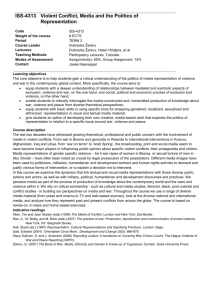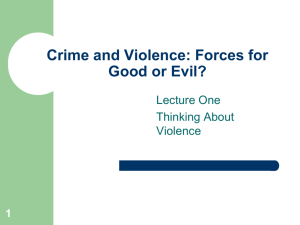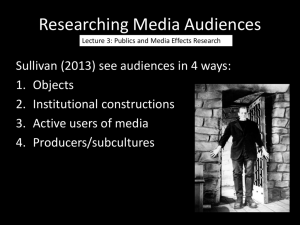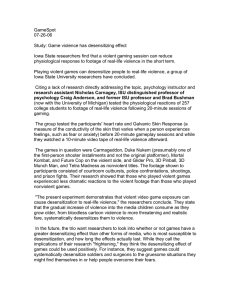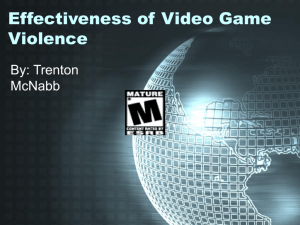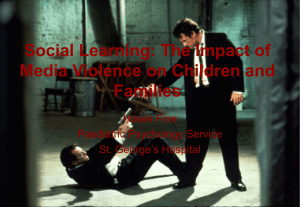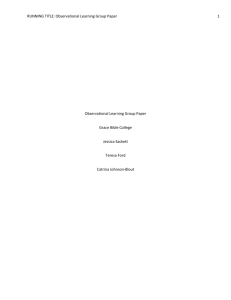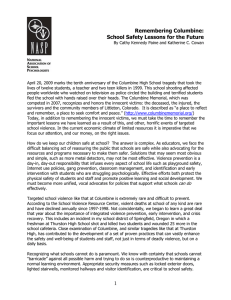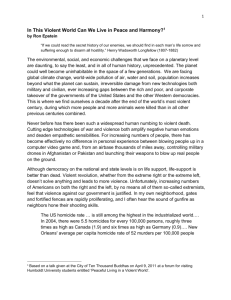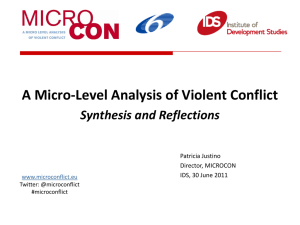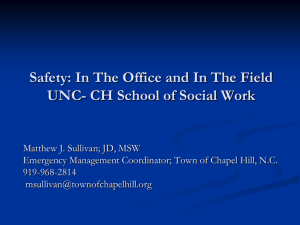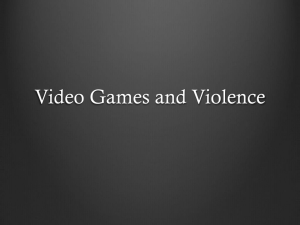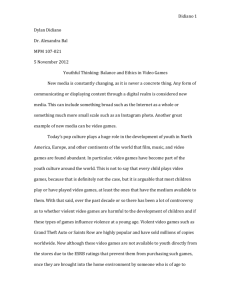Document 9371650
advertisement
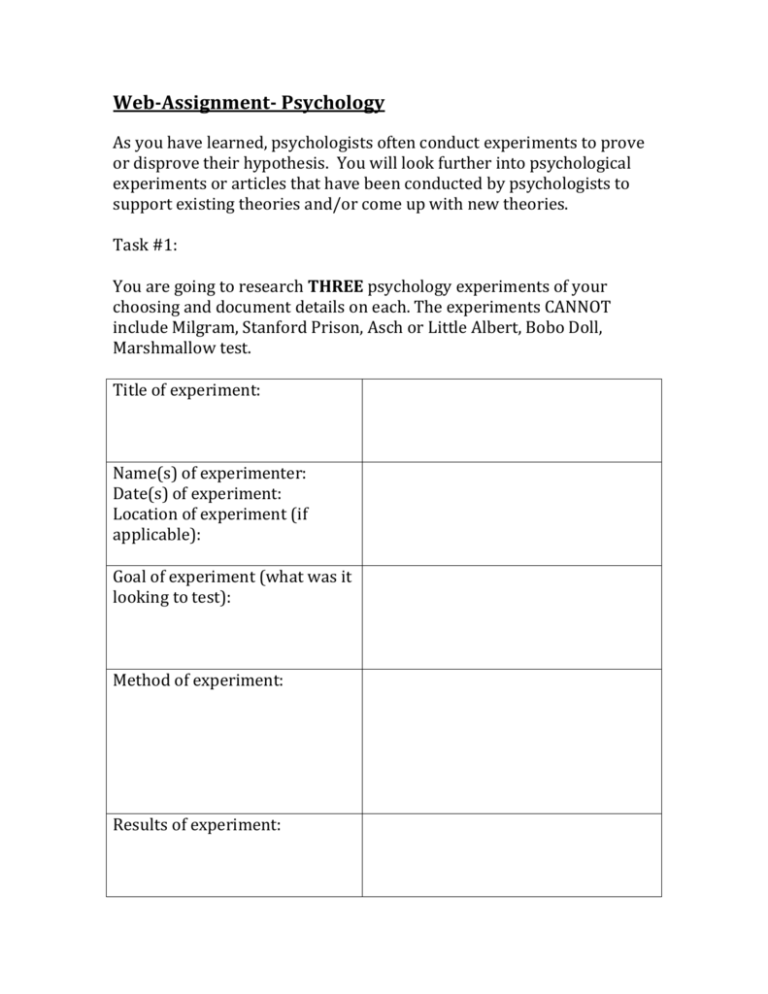
Web-Assignment- Psychology As you have learned, psychologists often conduct experiments to prove or disprove their hypothesis. You will look further into psychological experiments or articles that have been conducted by psychologists to support existing theories and/or come up with new theories. Task #1: You are going to research THREE psychology experiments of your choosing and document details on each. The experiments CANNOT include Milgram, Stanford Prison, Asch or Little Albert, Bobo Doll, Marshmallow test. Title of experiment: Name(s) of experimenter: Date(s) of experiment: Location of experiment (if applicable): Goal of experiment (what was it looking to test): Method of experiment: Results of experiment: Title of experiment: Name(s) of experimenter: Date(s) of experiment: Location of experiment (if applicable): Goal of experiment (what was it looking to test): Method of experiment: Results of experiment: Title of experiment: Name(s) of experimenter: Date(s) of experiment: Location of experiment (if applicable): Goal of experiment (what was it looking to test): Method of experiment: Results of experiment: Reflections: Do you think the study was ethical? Do you think the study was done well? What would you change? Do you think the results would be accurate? What are your overall thoughts about this study and the subject matter? Reflections on Study #1: ___________________________________________________________________________________ ___________________________________________________________________________________ ___________________________________________________________________________________ ___________________________________________________________________________________ ___________________________________________________________________________________ ___________________________________________________________________________________ ___________________________________________________________________________________ ___________________________________________________________________________________ ___________________________________________________________________________________ ___________________________________________________________________________________ ___________________________________________________________________________________ ___________________________________________________________________________________ ___________________________________________________________________________________ ___________________________________________________________________________________ Reflections on Study #2: ___________________________________________________________________________________ ___________________________________________________________________________________ ___________________________________________________________________________________ ___________________________________________________________________________________ ___________________________________________________________________________________ ___________________________________________________________________________________ ___________________________________________________________________________________ ___________________________________________________________________________________ ___________________________________________________________________________________ ___________________________________________________________________________________ ___________________________________________________________________________________ ___________________________________________________________________________________ ___________________________________________________________________________________ ___________________________________________________________________________________ Reflections on Study #3: ___________________________________________________________________________________ ___________________________________________________________________________________ ___________________________________________________________________________________ ___________________________________________________________________________________ ___________________________________________________________________________________ ___________________________________________________________________________________ ___________________________________________________________________________________ ___________________________________________________________________________________ ___________________________________________________________________________________ ___________________________________________________________________________________ ___________________________________________________________________________________ ___________________________________________________________________________________ ___________________________________________________________________________________ ___________________________________________________________________________________ ___________________________________________________________________________________ ___________________________________________________________________________________ ___________________________________________________________________________________ ___________________________________________________________________________________ Definition of Social Learning Theory: ___________________________________________________________________________________ ___________________________________________________________________________________ ___________________________________________________________________________________ ___________________________________________________________________________________ ___________________________________________________________________________________ ___________________________________________________________________________________ ___________________________________________________________________________________ ___________________________________________________________________________________ Task #2: Social Learning Theory in Practice Using the four articles below as a starting point, choose one of the following scenarios: You are a parent who lost their young son to a violent crime. Court documents revealed that the teenaged perpetrator was obsessed with violent video games. You have been asked to write a victim impact statement to a commission investigating the impact of violence in video games. Argue, using at least three strong points, that it is imperative to ban extreme violence in video games. Include a minimum of two quotes from different sources in your letter. ~OR~ You are a video game developer who has been asked to write a statement to a commission investigating the impact of violence in video games. Argue, using at least three strong points, that violence in video games does not influence the user negatively and has no societal impact. Include a minimum of two quotes from different sources in your letter. Letters should be no more than two pages and should be in a formal letter format. 1. Violent Video Games: Myths, Facts, and Unanswered Questions http://www.apa.org/science/about/psa/2003/10/anderson.aspx 2. The Superhuman Mind http://www.psychologytoday.com/blog/the-superhumanmind/201212/violence-may-be-the-answer 3. Review of the Roots of Youth Violence http://www.children.gov.on.ca/htdocs/English/topics/youthandthelaw /roots/volume5/chapter10_media_violence.aspx 4. Television and Video Game Violence http://etd.lsu.edu/docs/available/etd-1107102220029/unrestricted/Meyers_dis.pdf







